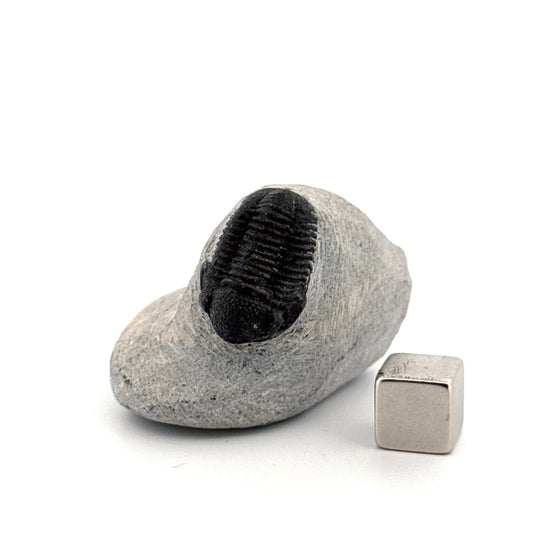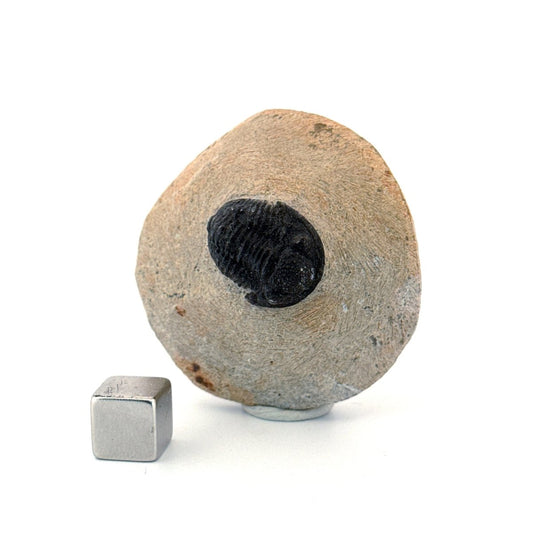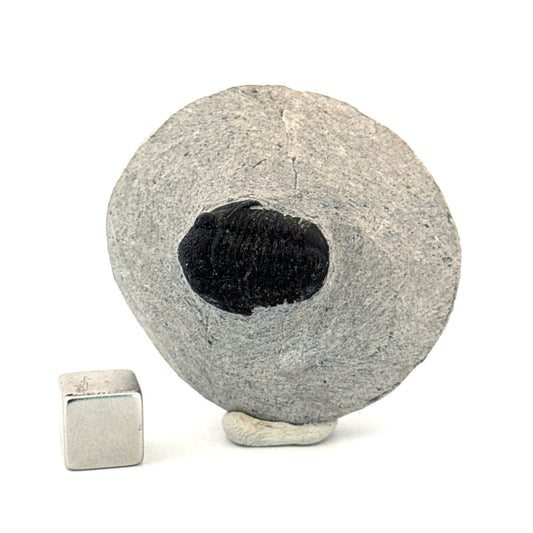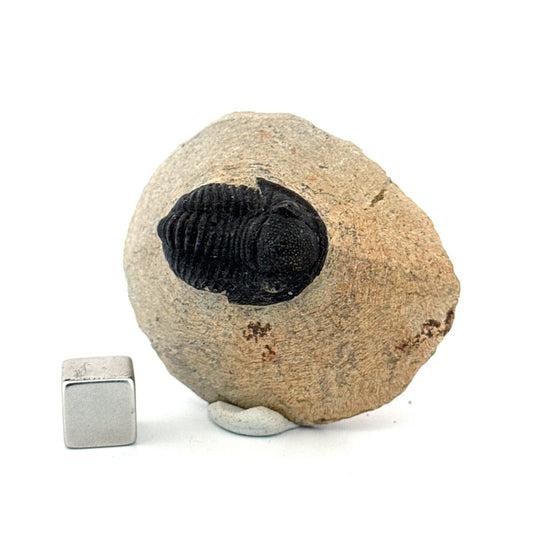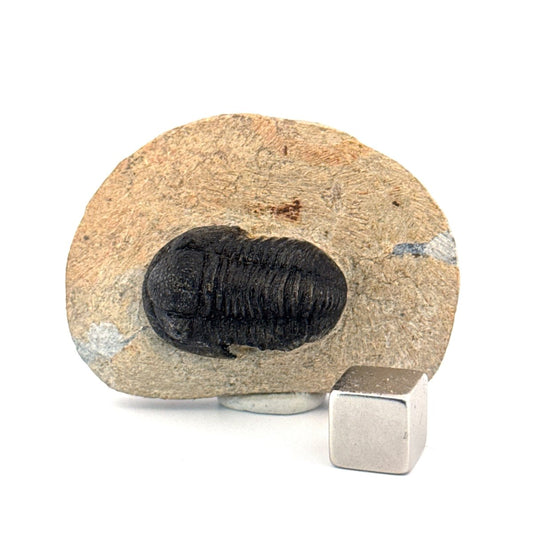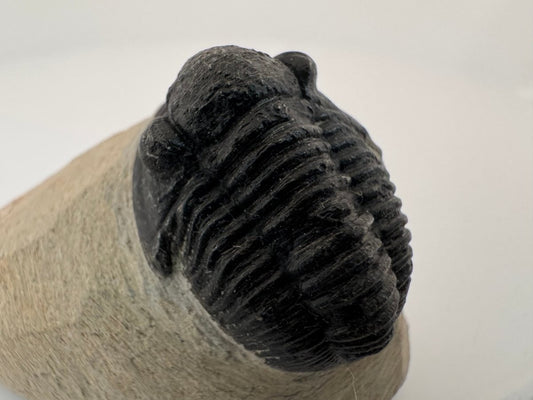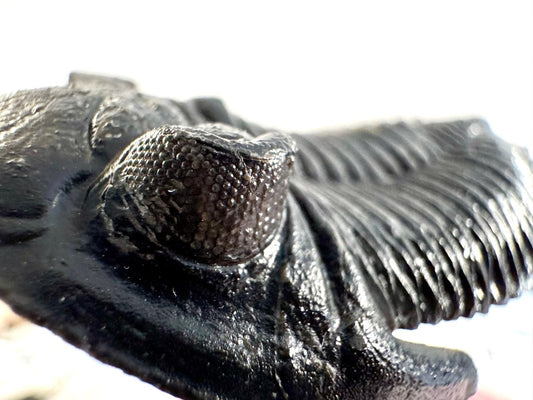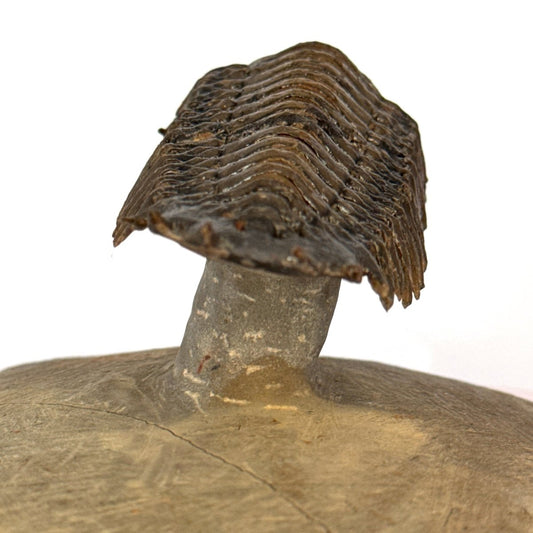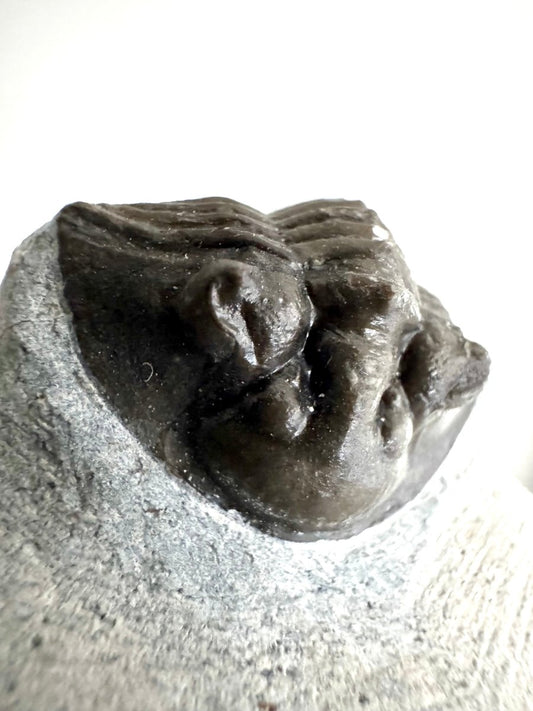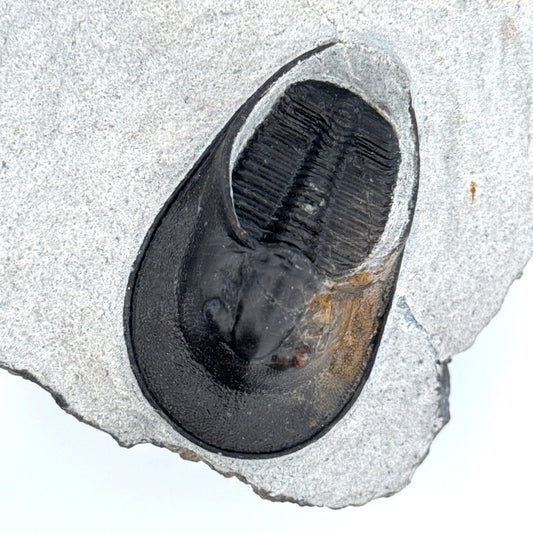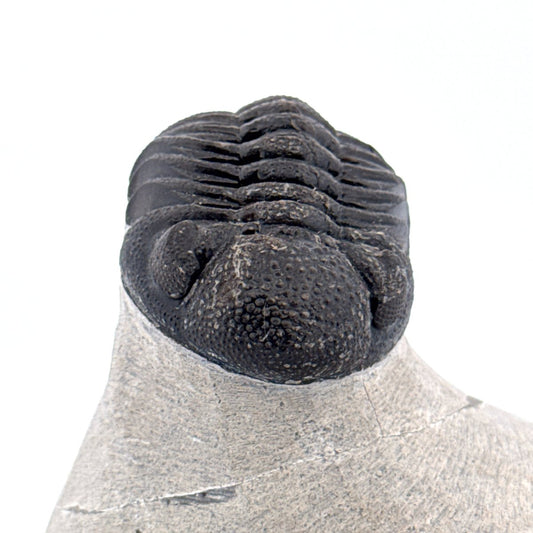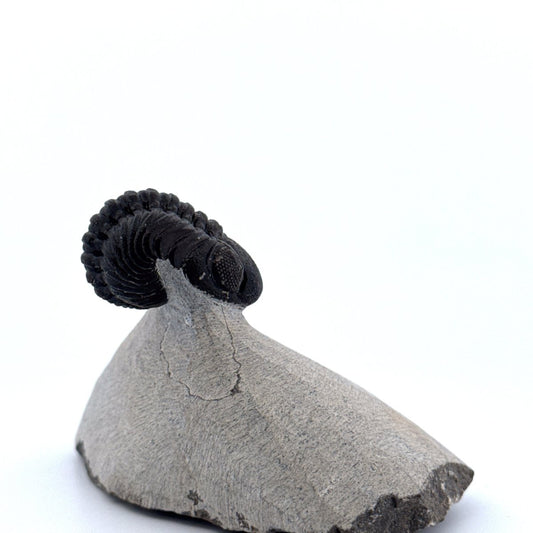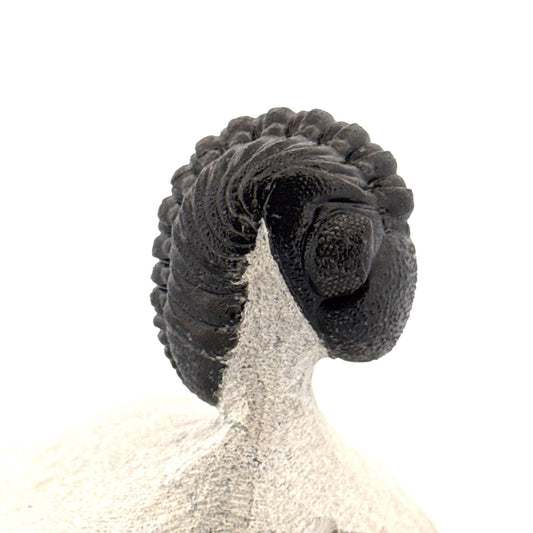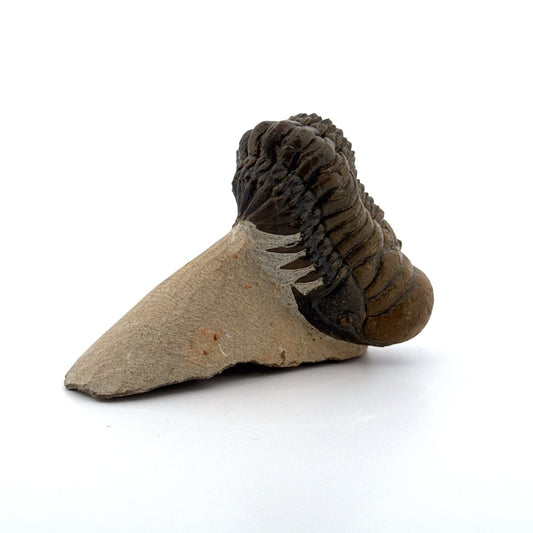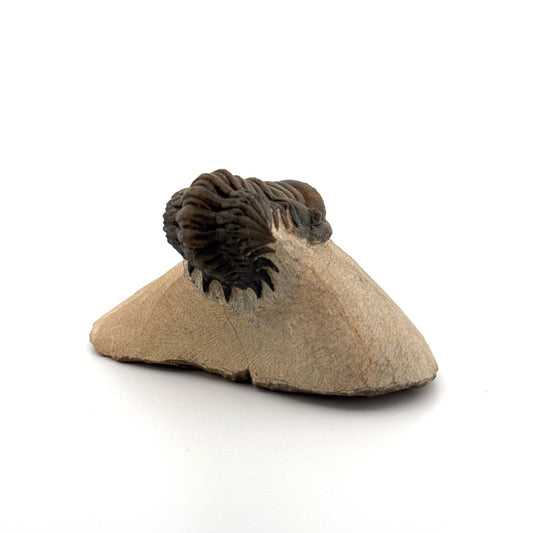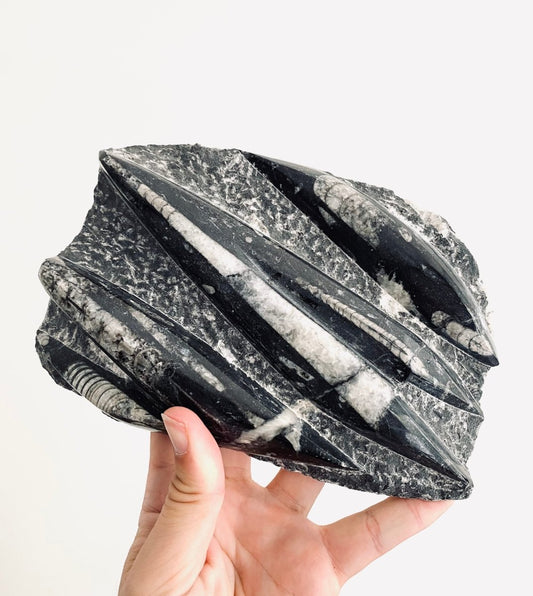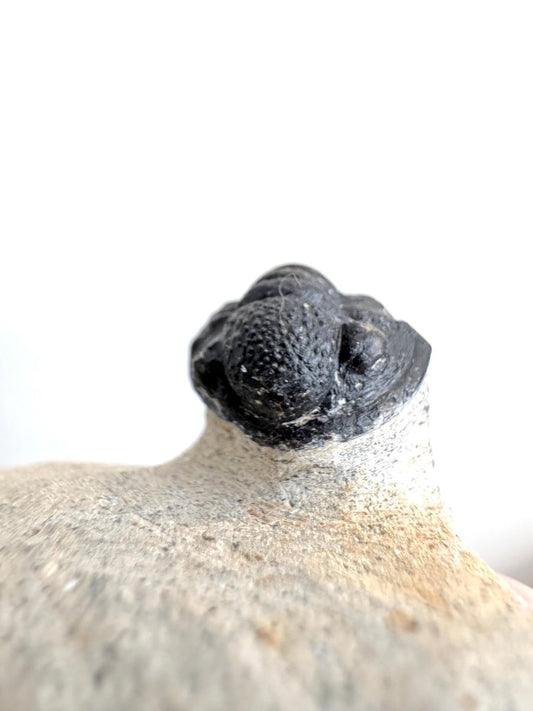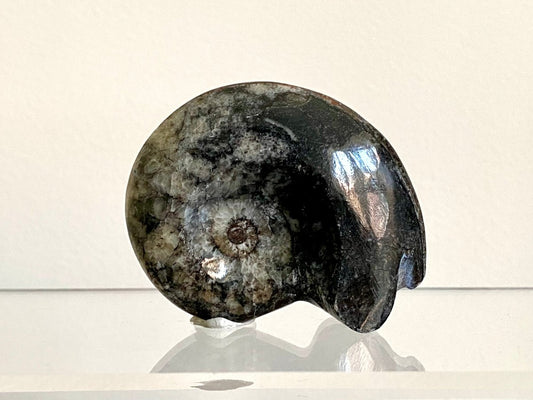Devonian period
Exploring the Devonian Period: The Age of Fishes and Ancient Forests
The Devonian Period, spanning from approximately 419 to 359 million years ago, is often referred to as the "Age of Fishes" due to the remarkable diversification and dominance of aquatic life during this time. It was a pivotal period in Earth's history, marked by significant geological, climatic, and biological changes that laid the foundation for the evolution of modern ecosystems.
Geological and Climatic Conditions
The Devonian Period was characterized by the continued breakup of the supercontinent Pangaea, leading to the formation of new landmasses and ocean basins. Earth's climate during the Devonian varied, with periods of warm, humid conditions punctuated by cooler intervals. This variability in climate influenced the distribution of habitats and the evolution of life on land and in the oceans.
Evolution of Life
The Devonian Period witnessed significant evolutionary events, including the emergence of complex life forms such as vertebrates, insects, and plants. Fishes underwent a rapid diversification, with jawless and armored fish giving way to the rise of jawed fish, including the first appearance of sharks and bony fish. The first amphibians also emerged during this time, representing the transition from aquatic to terrestrial life.
Rise of Ancient Forests
One of the most notable developments of the Devonian Period was the proliferation of ancient forests dominated by primitive vascular plants such as ferns, horsetails, and lycophytes. These early plants played a crucial role in stabilizing soils, regulating atmospheric carbon dioxide levels, and providing habitats for terrestrial animals. The evolution of roots, stems, and leaves allowed plants to colonize new environments and pave the way for the emergence of diverse terrestrial ecosystems.
Marine Life
The Devonian seas teemed with a rich diversity of marine life, including trilobites, ammonites, brachiopods, and crinoids. Reef-building organisms such as tabulate and rugose corals flourished, creating vast underwater ecosystems that supported a wide range of marine species. Fishes, including jawless and jawed varieties, were the dominant predators and prey, occupying various niches in marine environments.
Extinction Events
The Devonian Period was punctuated by several extinction events, although none were as catastrophic as those that occurred in later geological periods. These events resulted in the disappearance of certain groups of organisms, allowing for the subsequent diversification of new species and ecosystems. Despite these challenges, life continued to evolve and adapt, leading to the emergence of novel biological innovations and ecological interactions.
Legacy and Scientific Study
The Devonian Period left a lasting legacy on Earth's geological and biological history. Fossil evidence from this time provides valuable insights into the evolution of life on our planet, including the origins of modern ecosystems and the development of key biological adaptations. Scientific study of the Devonian Period continues to uncover new discoveries and shed light on the processes that shaped Earth's landscapes and environments over millions of years.
The Devonian Period was a dynamic and transformative time in Earth's history, characterized by the emergence of complex life forms, the proliferation of ancient forests, and the diversification of marine ecosystems. Through its rich fossil record and diverse geological formations, the Devonian Period offers valuable clues to understanding the evolution of life on our planet and the forces that have shaped Earth's landscapes and environments over millions of years.
Check out all Devonian fossils for sale
Devonian Fossils - The Age of Marine life
-
Gerastos granulosus Devonian Trilobite Fossil from, Morocco (A015)
Regular price €15,00 EURRegular priceUnit price / per -
Gerastos granulosus Devonian Trilobite Fossil from, Morocco (A014)
Regular price €15,00 EURRegular priceUnit price / per -
Gerastos granulosus Devonian Trilobite Fossil from, Morocco (A013)
Regular price €15,00 EURRegular priceUnit price / per -
Gerastos granulosus Devonian Trilobite Fossil from, Morocco (A012)
Regular price €15,00 EURRegular priceUnit price / per -
Gerastos granulosus Devonian Trilobite Fossil from, Morocco (A011)
Regular price €15,00 EURRegular priceUnit price / per -
Gerastos granulosus Devonian Trilobite Fossil from, Morocco (A010)
Regular price €15,00 EURRegular priceUnit price / per -
Orthoceras Cephalopod Fossil (+/- 8.00") - Devonian, Morocco
Regular price €30,95 EURRegular priceUnit price / per -
Orthoceras Cephalopod Fossil (+/- 8.50") - Devonian, Morocco
Regular price €30,95 EURRegular priceUnit price / per -
Orthoceras Cephalopod Fossil (+/- 9.00") - Devonian, Morocco
Regular price €32,95 EURRegular priceUnit price / per -
Orthoceras Cephalopod Fossil (+/- 9.00") - Devonian, Morocco
Regular price €32,95 EURRegular priceUnit price / per -
Orthoceras Cephalopod Fossil (+/- 9.00") - Devonian, Morocco
Regular price €32,95 EURRegular priceUnit price / per -
Orthoceras Fossil Polished (between 5.00" & 6.00") - Devonian, Morocco
Regular price €11,95 EURRegular priceUnit price / per -
Hollardops Mesocristata Trilobite Fossil (2.65") – Devonian Period, Morocco
Regular price €185,00 EURRegular priceUnit price / per -
Crotalocephalus Gibbus Trilobite Fossil (3.49") - Devonian Period, Morocco
Regular price €220,00 EURRegular priceUnit price / per -
Scutellum sp. Trilobite fossil on Matrix (1.20") – Devonian, Morocco
Regular price €85,00 EURRegular priceUnit price / per -
Harpes Trilobite fossil on matrix (2.05") - Devonian, Morocco
Regular price €260,00 EURRegular priceUnit price / per -
Morocops Trilobite fossil on matrix (2.15") - Devonian, Morocco
Regular price €85,00 EURRegular priceUnit price / per -
Morocops Trilobite fossil on matrix (1.70") - Devonian, Morocco (Copy)
Regular price €80,00 EURRegular priceUnit price / per -
Morocops Trilobite fossil on matrix (2.10") - Devonian, Morocco
Regular price €80,00 EURRegular priceUnit price / per -
Crotalocephalus Gibbus Trilobite Fossil (3.08") - Devonian Period, Morocco
Regular price €90,00 EURRegular priceUnit price / per -
Crotalocephalus Gibbus Trilobite Fossil (2.42") - Devonian Period, Morocco
Regular price €80,00 EURRegular priceUnit price / per -
Morocops Trilobite fossil rolled up, Devonian period (1.13")
Regular price €56,95 EURRegular priceUnit price / per -
Orthoceras Fossil, 370 Million Year Old Cephalopod from Morocco (8.66")
Regular price €34,95 EURRegular priceUnit price / per -
Gerastos granulosus Trilobite Fossil (A001)
Regular price €15,00 EURRegular priceUnit price / per -
2.18” Devonian Goniatite fossil from Morocco
Regular price €8,95 EURRegular priceUnit price / per


